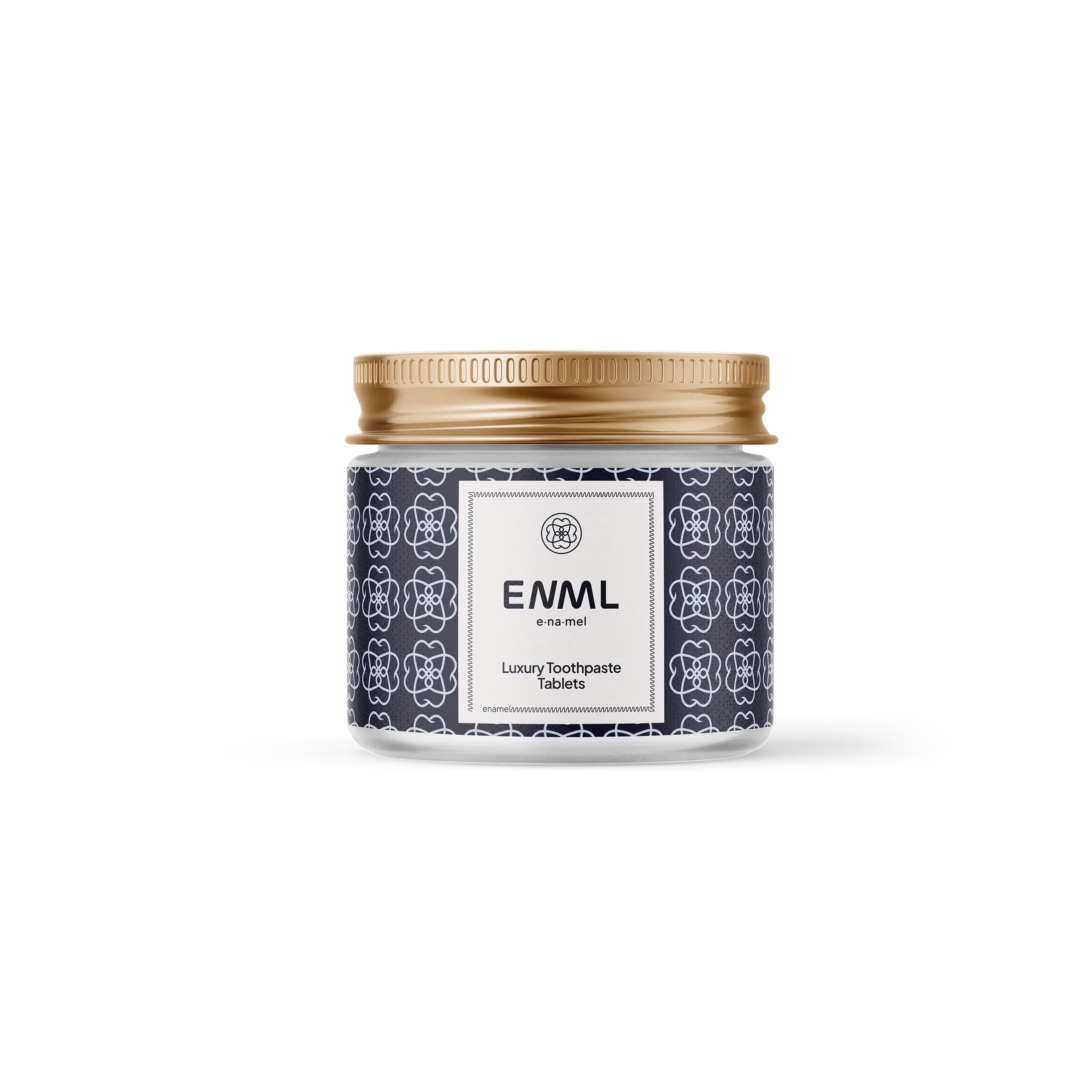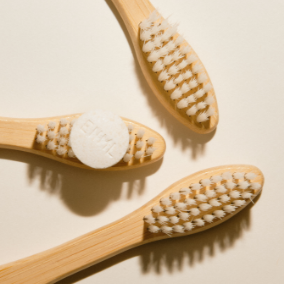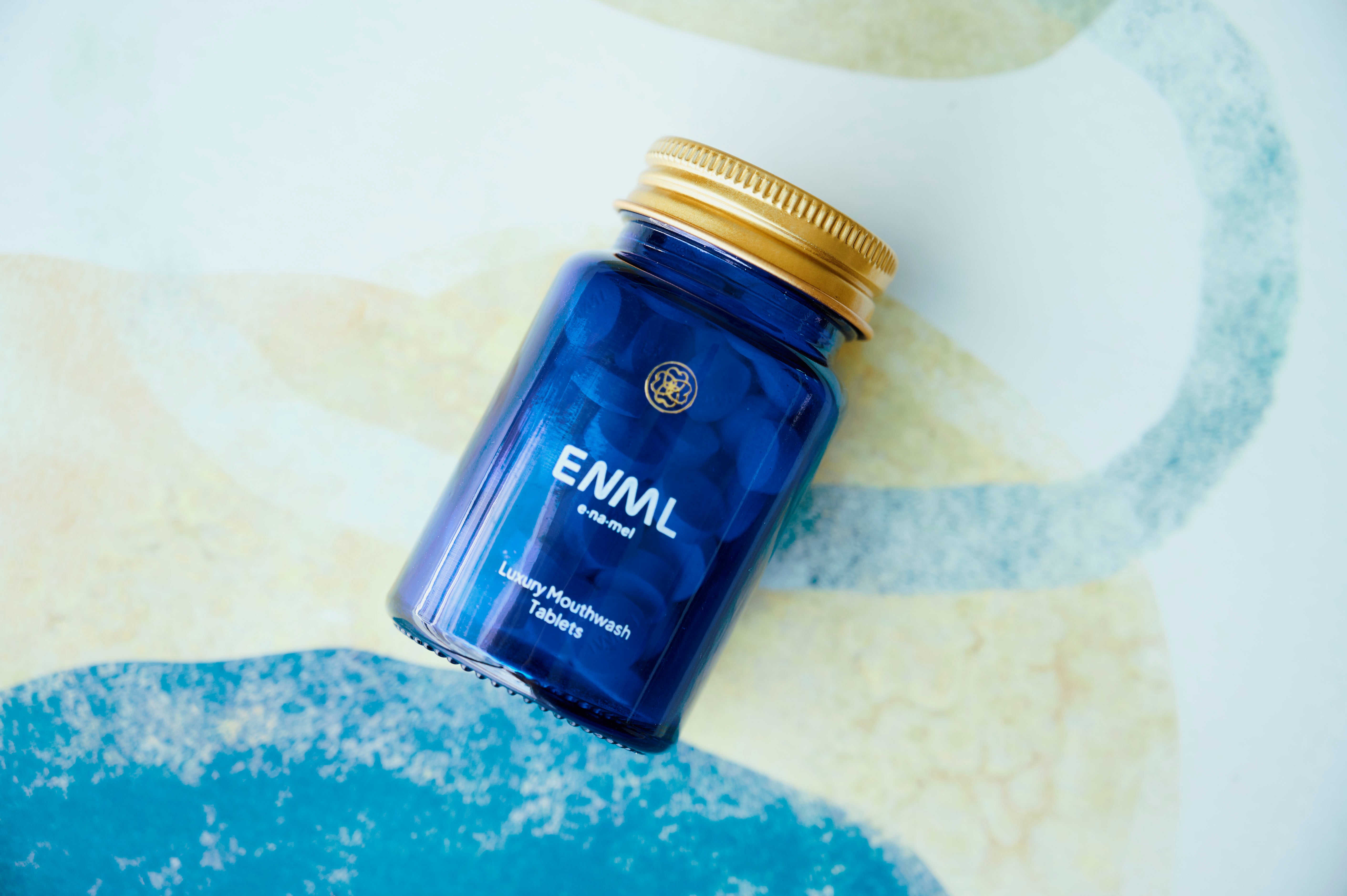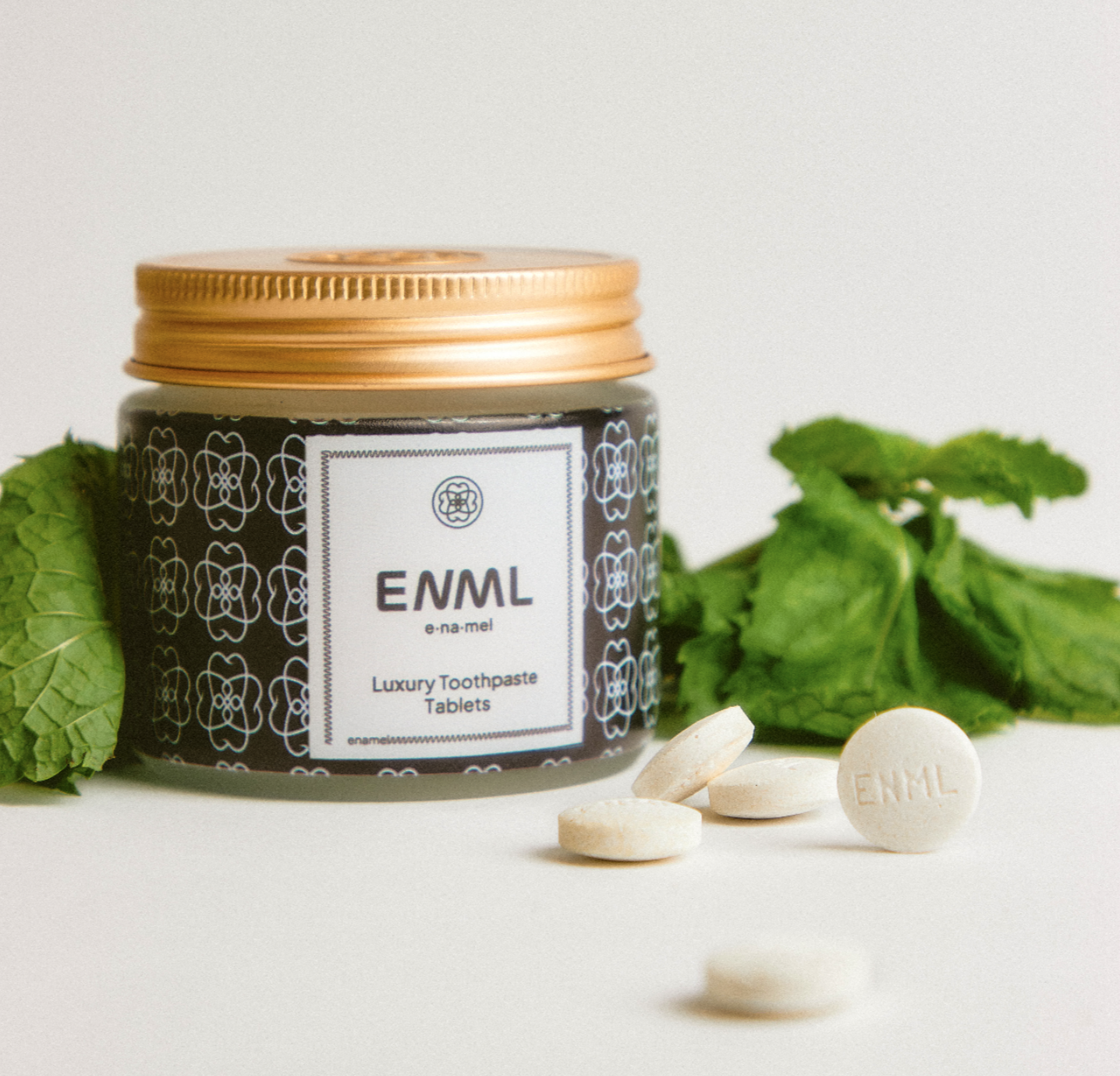Tooth sensitivity is more than a minor inconvenience—it can impact how we eat, drink, and smile. Thankfully, hydroxyapatite offers a breakthrough solution. As Dr. Jordan Harper explains, this naturally occurring mineral not only reduces sensitivity but also helps remineralize teeth. Read on to discover how this innovative ingredient works, its benefits, and why it's becoming a must-have in oral care routines.
How does hydroxyapatite reduce tooth sensitivity and support enamel remineralization?
Hydroxyapatite, a bioactive mineral, addresses the root causes of sensitivity by filling exposed dentin tubules and rebuilding tooth surfaces. This blog explores its mechanism, benefits, and why it’s a game-changer for oral health.
💡 Related Post: How Hydroxyapatite Reduces Sensitivity and Rebuilds Tooth Enamel
Key Questions and Answers
-
What causes tooth sensitivity?
Tooth sensitivity stems from exposed dentin, the sensitive layer beneath enamel. Dentin contains fluid-filled tubules that, when exposed, stimulate nerves, leading to discomfort. -
How does hydroxyapatite work to reduce sensitivity?
Hydroxyapatite fills and occludes these tubules, preventing fluid movement and nerve stimulation. This process mimics natural enamel, reducing discomfort effectively. -
What role does hydroxyapatite play in enamel remineralization?
Hydroxyapatite bonds with tooth surfaces, rebuilding enamel and strengthening teeth. This natural repair process protects against cavities and further sensitivity. -
Is hydroxyapatite safe for daily use?
Yes, hydroxyapatite is biocompatible and non-toxic, making it ideal for regular oral care routines. It’s often found in advanced toothpaste formulations. -
What sets hydroxyapatite apart from traditional fluoride?
Unlike fluoride, which focuses on preventing demineralization, hydroxyapatite actively rebuilds enamel while being gentler on sensitive teeth.
💡 Related Post: Why Microhydroxyapatite is the Superior Fluoride Alternative for Your Oral Health
Conclusion
Hydroxyapatite is reshaping the future of oral care by offering a natural, effective solution to tooth sensitivity and enamel restoration. By addressing the root causes of discomfort and promoting remineralization, this bioactive mineral delivers noticeable results that enhance both oral health and quality of life.
Ready to experience the benefits of hydroxyapatite for yourself? Discover the power of Enamel Toothpaste Tablets and elevate your oral care routine today. Say goodbye to sensitivity and hello to stronger, healthier teeth with ENML.
Transcript
How does hydroxy apatite work to remineralize teeth and reduce sensitivity? Decrease in sensitivity, I'll touch on that point first. Um, it, it, it does that by, if you look at a cross section of a tooth, when you get inside, uh, past the enamel, there's something called dentin. Uh, dentin is the sensitive area of the tooth.
Um, and that's what people that typically complain about sensitivity, that's the area of the tooth that's really causing the problems, right? And lots of people in the world have sensitive teeth. And so, um, If you look at an electron microscope, um, there's millions of these little tubes. Um, and those tubes are fluid filled.
Um, and as that fluid moves, it stimulates the nerve inside the tooth and that generates the sensitivity. Well, the way microhydroxyapatite works is it will basically come in, um, rebond to those surfaces and occlude those tubes so that you're basically refilling those dental tubules with that hydroxyapatite simulating what would be the same effect of, of, of putting enamel back on top of the tooth, right?
Hence the name of our product.






